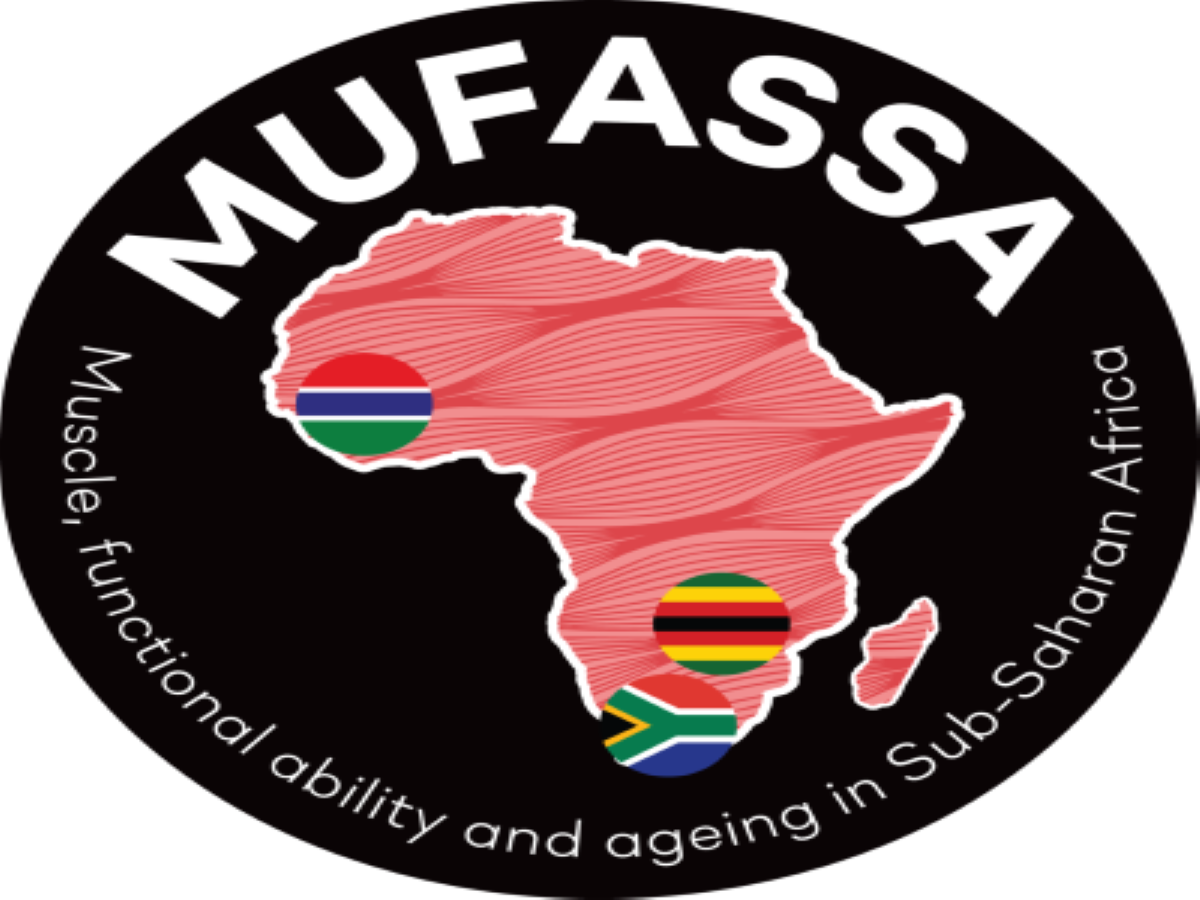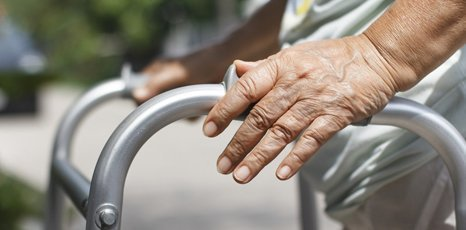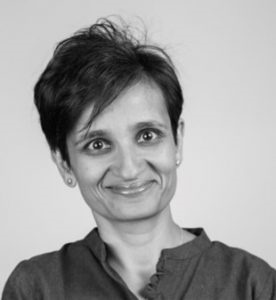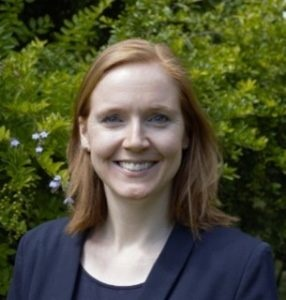
MUFASSA stands for Musculoskeletal Functional Ability in three diverse Sub-Saharan Africa populations and it aims to assess muscle strength & function to understand healthy ageing
Find out more
Loss of muscle strength and function is a common manifestation of ageing (known as sarcopenia), which leads to falls and fragility fractures (broken bones from low impact injuries), disability, frailty, and sometimes death. Despite this, little is known about how muscle ages in people living in sub-Saharan Africa (SSA), nor the risk factors for muscle loss or the impact on quality of life. We will study three different populations in The Gambia, Zimbabwe and South Africa.

This is an international cross-sectional study set across three countries in SSA. Our aim is to:
We collaborate with a team currently planning extensive community surveys in The Gambia, Zimbabwe and South Africa, which will measure spine fractures in 5040 men and women aged 40 years and over. We have a unique and time-limited opportunity to add to these surveys, data collection and detailed measurements of muscle strength, mass and function, to answer our specific study questions. We will collect data from questionnaires (e.g. joint and back pain, ability to work around the house, quality of life), body composition scans (to quantify fat and muscle mass), X-rays (to quantify osteoarthritis), muscle strength, walking and balance tests (to measure frailty), and blood tests. We will quantify levels of all musculoskeletal multimorbidities including sarcopenia, and determine how these affect disability and quality of life.
Identifying risk factors for muscle impairment will aid understanding of the mechanisms underlying muscle dysfunction and highlight biomarkers that can predict disease and disability, with potential use in clinical settings. We will examine clinical (e.g. HIV, diabetes, physical inactivity, osteoarthritis) and nutritional risk factors (e.g. malnutrition, food insecurity, obesity), and measure 184 markers of metabolism and inflammation using the latest proteomic analysis of blood samples, to see which predict age-related losses in muscle
MUFASSA is funded Medical Research Council - Grant Ref: MR/W003961/1
This page introduces you to the background behind MUFASSA and the way the study is conducted

Professor of Global Musculoskeletal Health at the University of Southampton, UK and Honorary Senior Research Fellow at MRC Unit The Gambia. Prof Ward also co-leads the Sub-Saharan Africa Musculoskeletal Network. Her research interests focus on how to achieve and maintain functional ability to ensure healthy musculoskeletal system throughout life.

Director of the Biomedical Research and Training Institute, Zimbabwe and Professor of International Health at the London School of Hygiene and Tropical Medicine, UK. Her research interests include adolescent health, HIV and sexual and reproductive health and chronic disease.

Associate Professor/Chief Specialist and Head of Geriatrics at the University of KwaZulu-Natal and Inkosi Albert Luthuli Central Hospital in Durban, South Africa. Prof Cassim has both a clinical and research interest in osteoporosis and is an executive member of the National Osteoporosis Foundation of South Africa.

Professor of Clinical Epidemiology at the Musculoskeletal Research Unit (MRU), University of Bristol and an Honorary Consultant Orthogeriatrician at the Royal United Hospital NHS Foundation Trust in Bath. Honorary Associate Professor at the University of the Witwatersrand, Johannesburg, South Africa. Co-director of the sub-Saharan Africa Musculoskeletal Network (SAMSON). Chair of the National Osteoporosis Guideline Group in the UK. Her research interests include musculoskeletal epidemiology and the health of ageing populations.

Senior Research Fellow, University of Southampton, UK. Lucy is an Allied Health Professional by background with research experience in the epidemiology of lower limb musculoskeletal health. Her current research is focused largely in low-middle income countries.